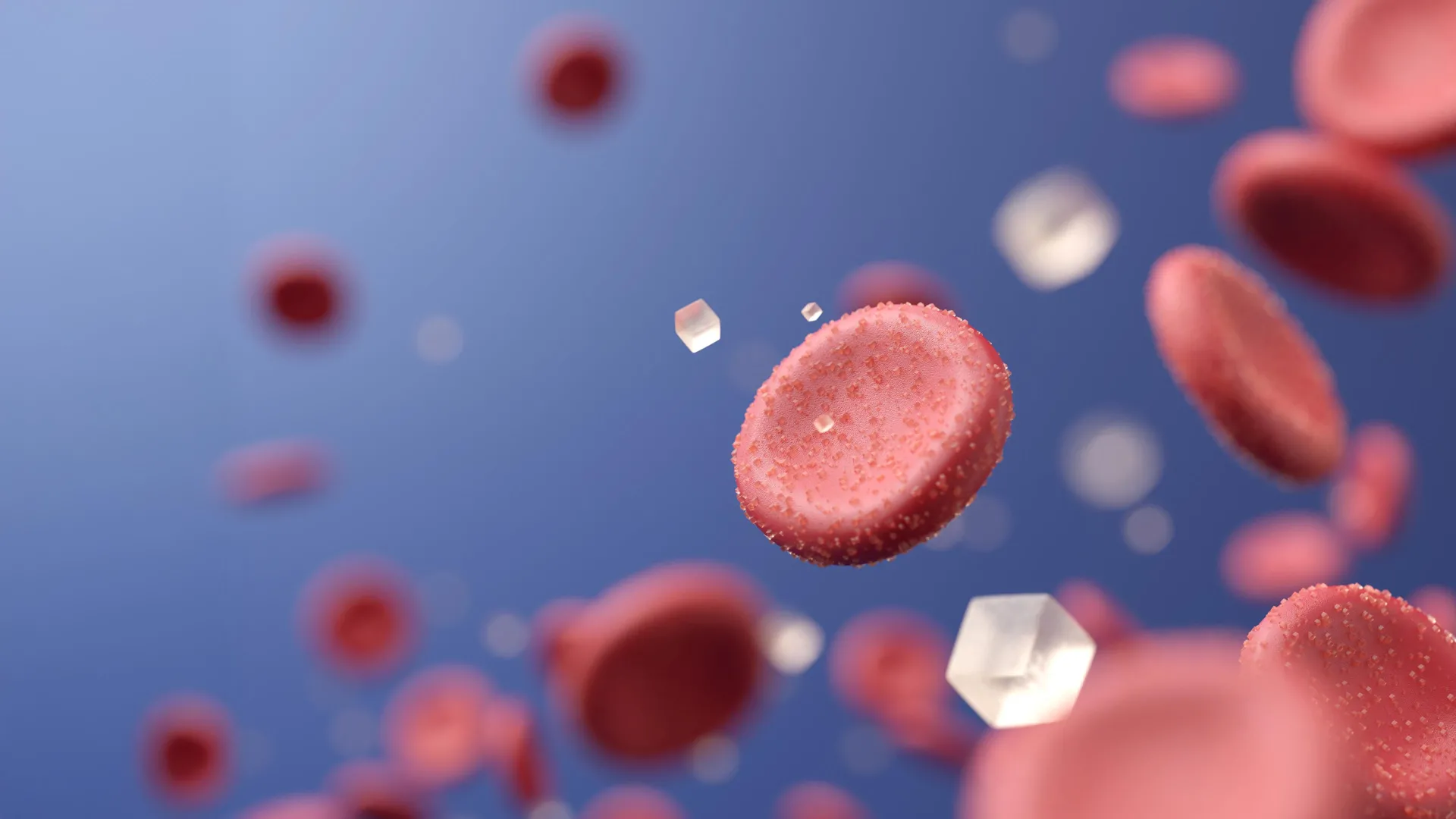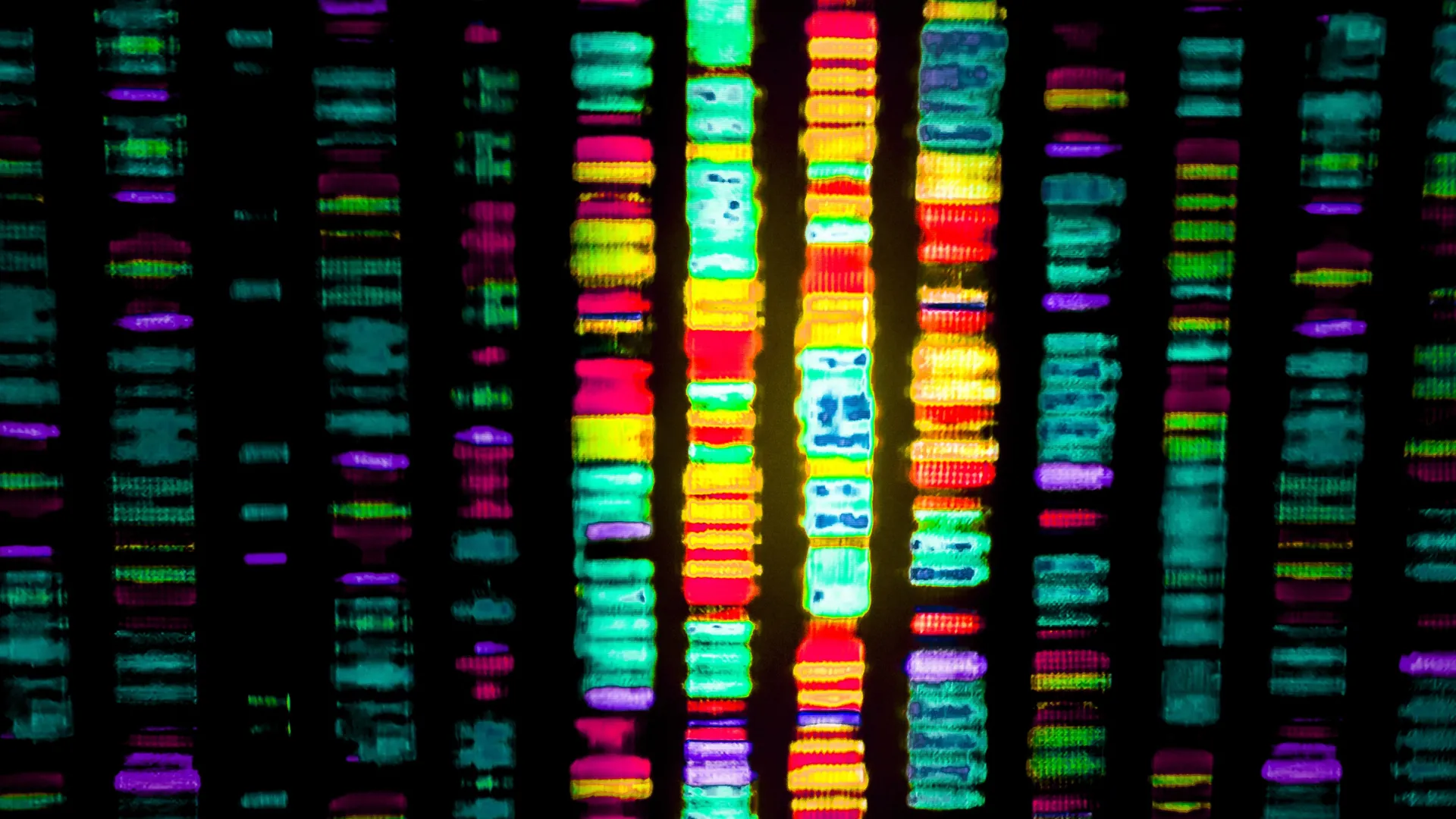In what could mark a major step forward in diabetes care, scientists have discovered extraordinary health benefits in a little-known desert plant. the fruit of Nitraria roborowskii KomLong used in traditional medicine, it showed great potential to combat insulin resistance and restore healthy metabolism in diabetic mice. The plant extract not only helped stabilize blood sugar but also corrected several related problems, including abnormal fat metabolism and oxidative stress. These results were related to the activation of a key cell signaling system that regulates how the body processes glucose and energy. The discovery points to the possibility of finding safer, naturally occurring treatments for one of the most widespread chronic diseases in the world.
The number of people living with diabetes is expected to increase to 750 million by 2045. While modern medications can control symptoms, many have side effects and do not address the underlying causes of metabolic imbalance. This has led scientists to review nature’s medicine cabinet in search of new therapeutic options. Among these is Nitraria roborowskii Koma hardy shrub that thrives in the harsh deserts of western China. Its bright red fruits, sometimes known as “desert cherries,” have nourished and healed local communities for centuries. Only recently have researchers begun to uncover the biological mechanisms behind its traditional use, prompting systematic scientific investigations into its potential.
Groundbreaking study confirms powerful diabetes-fighting properties
A collaborative study between Qinghai University and the Northwest Plateau Institute of Biology, published in the Chinese Journal of Modern Applied Pharmacyprovided strong experimental evidence for the effects of fruit. Using well-controlled trials, scientists tested a concentrated form of the extract (NRK-C) on diabetic mice for seven weeks. The results were surprising: the compound not only lowered blood sugar and improved insulin responsiveness, but also addressed broader metabolic dysfunctions through a previously underexplored biological pathway.
How Desert Berry Restores Metabolic Balance
Detailed analysis revealed the extract’s impressive range of benefits. Over the course of seven weeks, NRK-C reduced fasting blood glucose levels by 30% to 40% in diabetic mice, with stronger results at higher doses. It also improved insulin sensitivity by approximately 50% compared to untreated animals. In addition to these improvements, the extract balanced cholesterol and reduced oxidative stress markers by up to 60%, a rare feat for any therapeutic compound.
Additional research demonstrated that NRK-C works by reactivating the PI3K/AKT signaling pathway, a critical metabolic circuit that is often disrupted in diabetes. This reactivation appears to “reset” the body’s ability to regulate glucose and fat metabolism. Microscopic examination supported these findings, revealing healthier liver and pancreatic tissue structures in the treated mice compared to the untreated ones. Together, these findings suggest that the compound helps the body restore its metabolic function rather than simply masking symptoms. Their naturally broad effects contrast sharply with the narrowly targeted mechanisms of many drugs.
Expert Perspective: A Holistic Approach to Diabetes Treatment
“These results are interesting because they suggest that we could treat diabetes more comprehensively,” said Dr. Yue Huilan, principal investigator of the project. “Rather than simply lowering blood sugar like most medications, this plant extract appears to help the body regain its natural metabolic balance. The implications could extend beyond diabetes to other conditions involving insulin resistance.” While the team emphasized that human trials are still needed, the findings represent an encouraging step toward more natural and comprehensive approaches to diabetes care.
This discovery opens several promising research directions. Pharmaceutical developers may pursue standardized extracts of NRK-C as supplements or complementary therapies, while nutrition experts could explore the possibility of adding the fruit to functional foods aimed at metabolic health. The results also provide modern scientific support for traditional medicinal knowledge, helping to bridge ancient practice and contemporary medicine. Researchers are particularly eager to determine whether NRK-C could help prevent diabetes in high-risk people or reduce complications in those already affected.
More broadly, the findings underscore the value of preserving and studying traditional medicinal plants, many of which may have untapped potential for addressing modern health challenges. Apparently, nature still has many healing secrets waiting to be rediscovered.
#Rare #desert #berry #transform #diabetes #treatment









